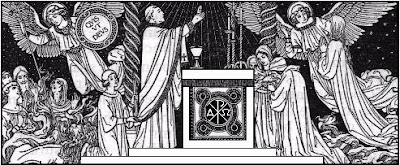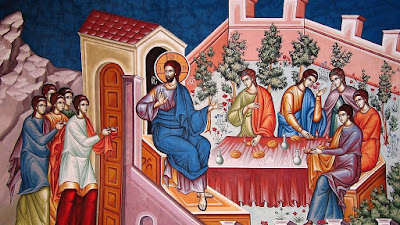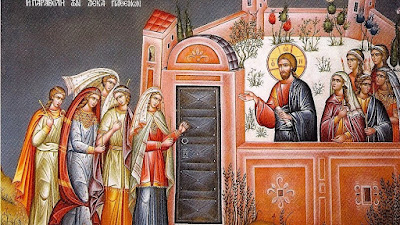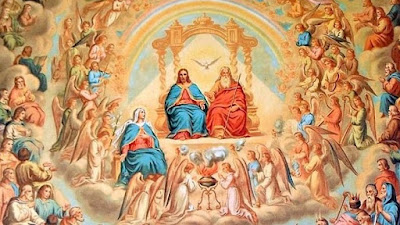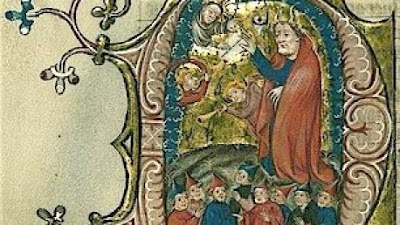Reminder: Indulgences Are Available During the Poor Souls Octave (November 1st through 8th)
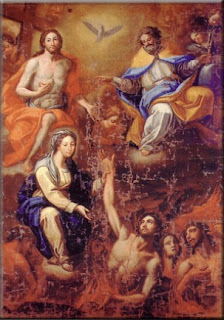
One may obtain a plenary indulgence for a soul in purgatory by devoutly visiting a cemetery and praying for the departed (even if the prayer is only mental) each day between November 1st - 8th. Requirements for Obtaining a Plenary Indulgence During the Poor Souls Octave: ◗ Visit a cemetery and pray for a soul in Purgatory. ◗ Say one "Our Father" and the "Apostles Creed". ◗ Say one "Our Father" and one "Hail Mary" for the Holy Father’s intentions. ◗ Worthily receive Holy Communion (ideally on the same day). ◗ Make a sacramental confession within 20 days of All Souls Day. ◗ For a plenary indulgence, be free from all attachment to sin, even venial sin (or the indulgence is partial, not plenary). You may gain one plenary indulgence a day. A partial indulgence can be obtained when the Eternal Rest ( Requiem aeternam ) is prayed. This can be prayed all year, but especially during the month of November: Requiem aeternam dona ei
